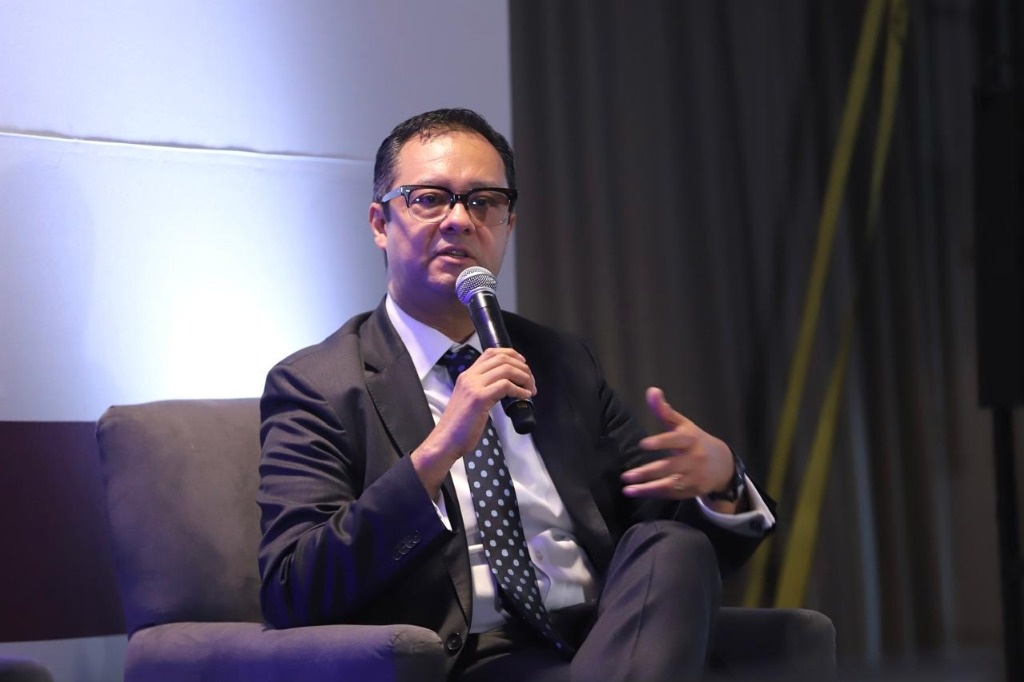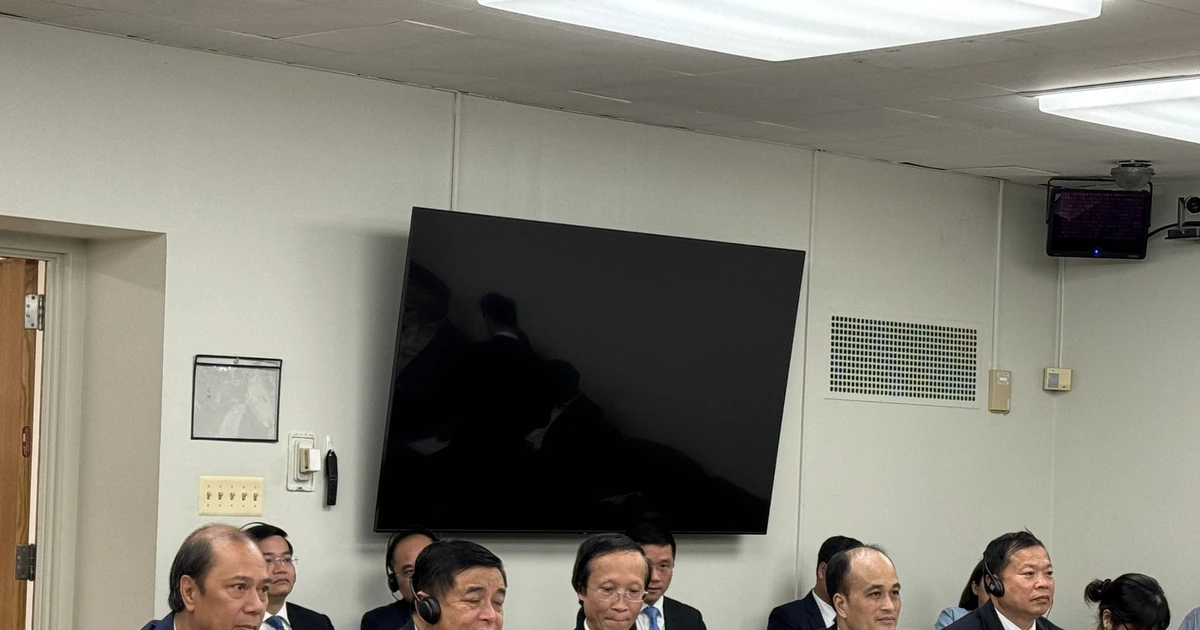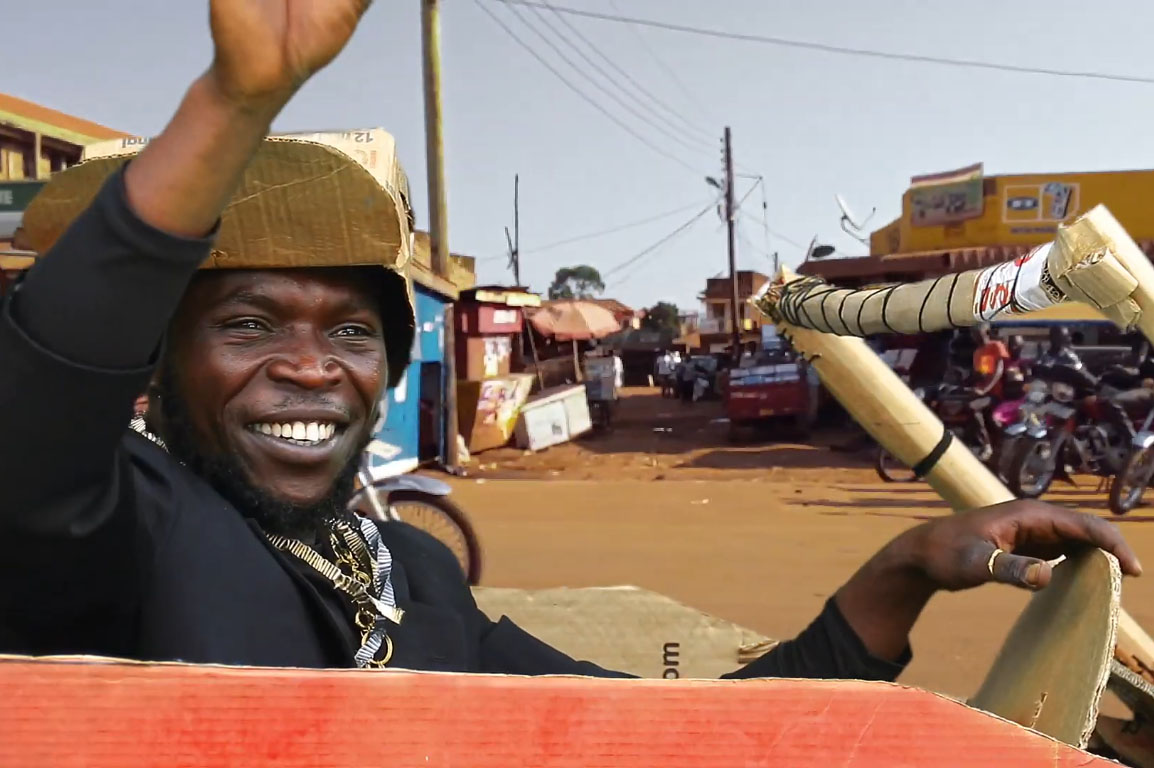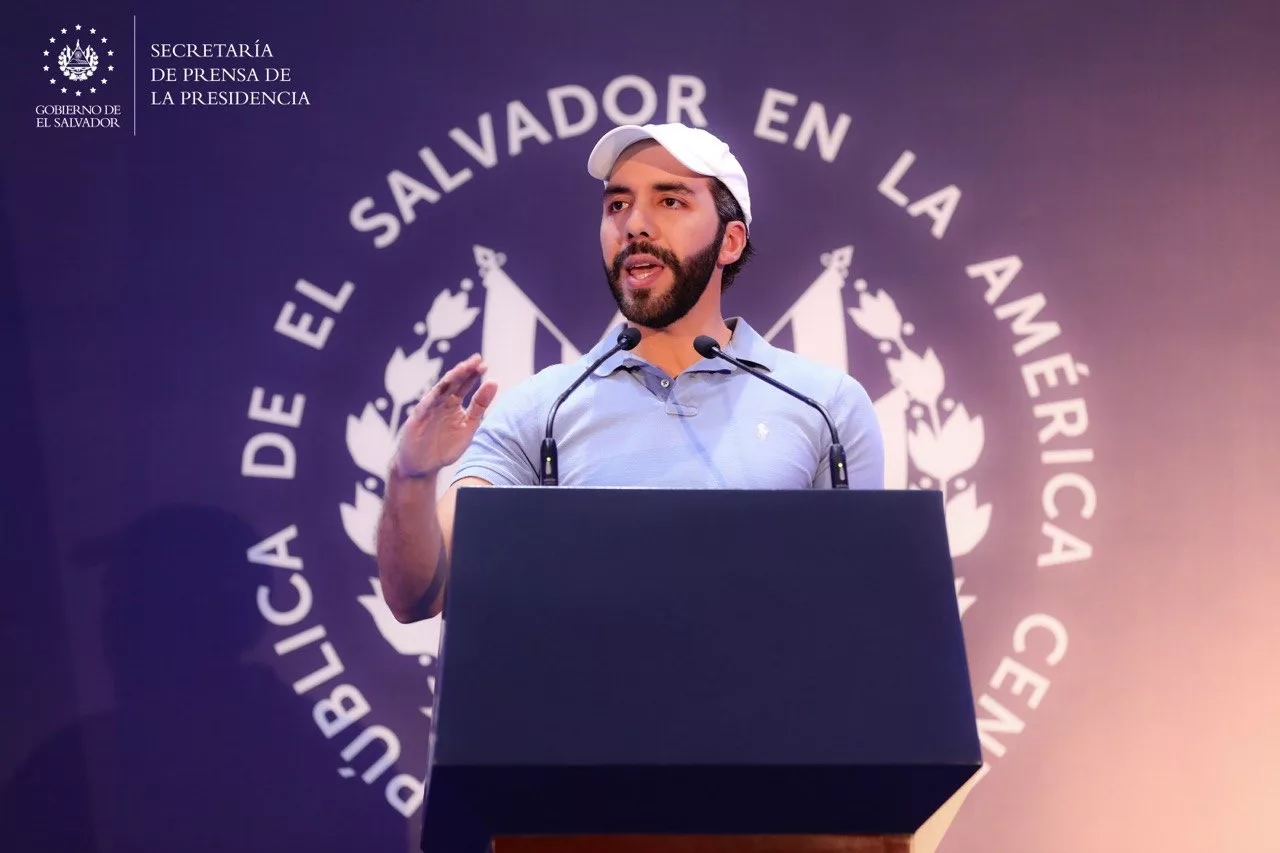Companies must respect the rights of vulnerable communities on the oil borders in East Africa

In research published today in collaboration with Oxfam and other partner organisations, FIDH highlights the major risks of oil projects led by French energy giant Total in Uganda and Tanzania, which will require more than 12,000 families to lose their land and put sensitive and vital ecosystems at risk. .
Despite falling oil prices, the pandemic, and the climate crisis, oil projects continue to advance around the world. Among the most ambitious proposals is the proposal to exploit some of Africa's largest reserves located under Lake Albert and deliver the oil to international markets through the East African Crude Oil Pipeline (EACOP). French energy giant Total is leading the development of the project alongside the China National Offshore Oil Corporation (CNOOC) and the governments of Uganda and Tanzania.
Two new community-level human rights impact assessments highlight the serious current problems and future risks associated with these projects. Although they are independent works of research, both reports provide societal recommendations urging oil companies and governments, which are about to make their final investment decisions, to take urgent steps to avoid a humanitarian and environmental catastrophe.
New oil, same work? At a crossroads to avoid disaster in Uganda [¿Petróleo nuevo, el mismo negocio? En una encrucijada para evitar la catástrofe en Uganda] Written by the International Federation for Human Rights (FIDH) and the Foundation for Human Rights Initiative (FHRI), it examines the past and present impacts of construction and exploration activities, as well as future primary oil extraction sites in Uganda.
Empty promises on line? Assessing the human rights impact of the East African crude oil pipeline [¿Promesas vacías para el futuro? Una evaluación del impacto en los derechos humanos del oleoducto de África Oriental]of which he is the author Oxfam, Universal Rights Alert, Civil Response to Environment and Development (CRED) and the Northern Coalition for Extraction and Environment (NCEE), the average impacts of EACOP are assessed. The assessments are summarized in the document Oil in East Africa: Communities at Risk [Petróleo en el África Oriental: las comunidades en peligro] It reflects the outcome of two different independent research projects carried out over the years, which are complementary, but each exclusive to its own organisation.
“Despite promises of jobs and a better future, communities are concerned about land loss, environmental damage and 'empty promises' of oil money. The risks of continuing to exploit East Africa's oil are significant. We urge companies and governments to consider the findings released Newly-reflected communities' concerns, hopes and recommendations regarding Lake Albert and 'future' oil projects, and engaging in moving forward in a different way.
Caroline Brodeur, Oxfam's private sector advisor, said.
British exploration company Tullow Oil discovered oil in commercially exploitable quantity under Lake Albert in 2006. The oil discovery was expected to quickly translate into significant new sources of foreign investment and revenue for the government. However, oil production has not yet begun in Uganda, and existing projects in the Lake Albert Basin have been marred by allegations of human rights violations, slow payments, disruption to the education of boys and girls, loss of traditional livelihoods, and ambiguity. of resettlement operations. Societies are very concerned about the future. In addition to losing their land and livelihoods, they worry that oil exploitation will further pollute their water, cause noise and air pollution, and have a negative impact on the health of residents.
“After nearly two decades of oil exploration, many communities fear the worst is yet to come. Our research reveals that these projects have already had a strong impact on the land human rights, livelihoods and environment of communities in Uganda. Despite the best efforts of the government And for businesses, the risks associated with the coming stages are enormous, especially in a context in which people face increasing threats to civic engagement.
said Rasheed Bonia, Head of Research and Advocacy at FHRI.
After years of delay, project leaders and authorities announced that a final investment decision would be made in 2020, and that construction of the pipeline would begin in March 2021. However, significant tensions remain at the oil border in the region, especially with regard to directly affected communities. From oil development and the human rights defenders who work on their behalf. Local groups say they cannot freely visit villages affected by oil projects, and point out that consultations on oil development are often more superficial than participatory.

“Companies are causing significant social disruption – particularly affecting women – by seizing land to transport oil, often without proper consultation. People and communities whose property has been seized for the project want more information, and families worry that oil projects are destroying their community.” Structures and undermine their traditional lifestyles and cultures.”
said Maria Isabel Cupides, researcher at the International Federation for Human Rights' Office for Globalization and Human Rights.
“If new oil projects go ahead, companies and government must rethink their approach and put local communities at the heart of decision-making. The future of Uganda and Tanzania depends on the land, the environment and the aspirations of local people.”
said NCEE researcher Divotha Mbeena.
Both reports urge project developers and the governments of Uganda and Tanzania to:
1. Listen, inform and respond to communitiesCommitment to free, open, informed and fair talks on oil development, including addressing risks. Publication of contracts, internal human rights impact assessments and future reviews. Take action based on results and avoid making empty promises.
2. Defending defenders: Ensure that human rights defenders, journalists and civil society organizations are free to carry out their work in communities at risk.
3. Take your responsibility: Put an end to any misconduct by project subcontractors, especially attempts to restrict, hide or limit the rights of communities or civil society. Resolve disputes fairly and support transparent, citizen-oriented oversight.
4. Ensuring the fair value of the land: Ensure that evaluation and compensation processes are fair, transparent, and consistent with international best practices.
5. environment protection: End extraction activities in protected and sensitive ecosystems, including the shores of Lake Albert, and commit to using the best available technologies to preserve the culture, health and future of affected communities.
6. Invest in the future: Support education, livelihoods and legal defense for relocated families and people at risk, especially women and girls. Ensure that resettlement does not worsen people's conditions. Prepare for a post-oil future and evaluate the contribution of these projects to the climate crisis.
Download the summary here (in English) or read below.
Before finalizing the report, we communicated our findings to interested government and business entities to engage in constructive dialogue to address violations. In this context, we have agreed to publish Total's response to our report, which can be found here.

“Award-winning zombie scholar. Music practitioner. Food expert. Troublemaker.”







:quality(85)/cloudfront-us-east-1.images.arcpublishing.com/infobae/33SWZ32BWZEJFAOMZCMANWBYWY.jpg)

